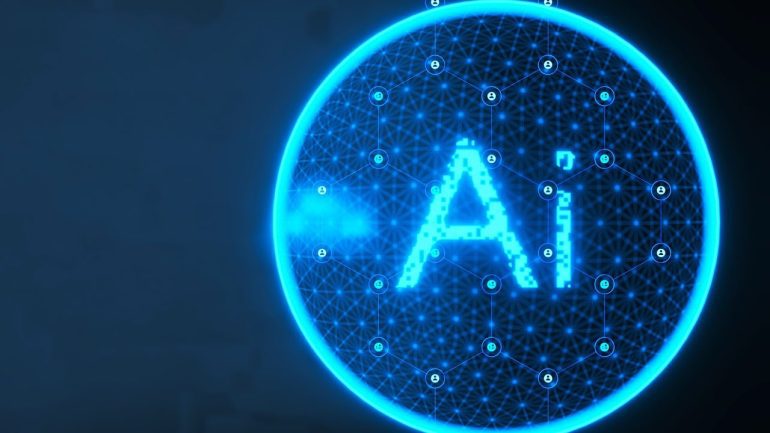- Sahara AI Ltd. raises $43 million in Series A funding.
- Pantera Capital, Binance Labs, and Polychain Capital lead funding.
- Additional investors include Samsung, Sequoia Capital, and other major firms.
- The company focuses on decentralized AI data management using blockchain.
- Addresses copyright, privacy, and resource allocation challenges in AI.
- Empowers data contributors with ownership and fair compensation for their data.
- A collaborative AI economy is envisioned, fostering inclusivity and transparency.
Main AI News:
Sahara AI Ltd., an emerging player in the decentralized AI space, has secured $43 million in Series A funding, marking a significant milestone in its mission to revolutionize artificial intelligence data management through blockchain technology. The funding round was led by notable venture capital firms Pantera Capital, Binance Labs, and Polychain Capital, with participation from a diverse group of investors.
In addition to the leading firms, this round drew support from prominent names such as Samsung, Sequoia Capital, Alumni Ventures, Matrix Partners, dao5, Geekcartel, Nomad Capital, SCB 10X, Canonical Capital, Mirana Ventures, Foresight Ventures, Dispersion Capital, Aegis Ventures, Tangent Ventures, and others. This influx of capital follows a successful $6 million seed round earlier this year, also spearheaded by Alumni Ventures and Polychain.
Sahara AI addresses critical challenges in the AI industry, including copyright, privacy, and resource allocation, by empowering data contributors to maintain ownership of their contributions. Using blockchain technology, Sahara ensures that data attribution remains intact and transparent even after it has been utilized in the training and fine-tuning of AI models.
The company’s platform is designed to democratize the AI development process, enabling a wide range of participants, from solo developers to large enterprises, to engage in data markets.
Historically, AI models have been built using extensive datasets from publicly available online content, including public domain materials. However, some of this training data has been derived from unattributed copyrighted sources, raising concerns among content creators. Sahara AI addresses these concerns by offering tools that enable creators to tag and transparently manage their contributions, fostering a more inclusive and equitable AI ecosystem.
Sahara AI envisions a “collaborative AI economy” that promotes fair monetization and recognition of contributors while providing a vast library of diverse, human-generated content for enterprise AI providers. By cultivating a collaborative, transparent, and accessible platform, Sahara AI aims to create a win-win scenario for all stakeholders in the AI development process.
Conclusion:
The successful $43 million Series A funding round for Sahara AI signals strong investor confidence in the growing importance of decentralized AI data management. As AI expands, data ownership, copyright, and privacy challenges become increasingly significant. Sahara AI’s blockchain-based approach addresses these issues and sets the stage for a more equitable and transparent AI ecosystem. This move could catalyze a shift in the market, encouraging other players to adopt similar strategies and potentially transforming how AI models are trained and managed globally.

